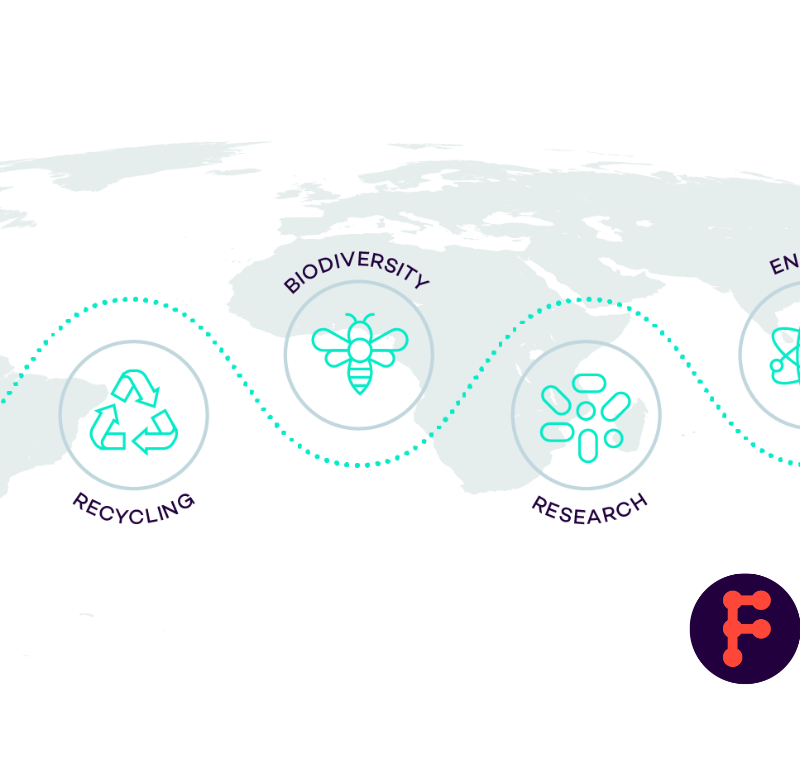Tony Blair Institute: technological surveillance ‘price worth paying’ in fight against Covid-19
Find our features, reports, webinars and other resources useful? FIPP is a not-for-profit trade body with the sole purpose of helping the media industry to develop better strategies and build better businesses. Support our work with an individual contribution of any size so we can keep communicating trends, sharing knowledge, and improving skills, worldwide. Click here for more.
The full report titled ‘A Price Worth Paying: Tech, Privacy and the Fight Against Covid-19’ looks at how best to introduce the technology measures needed to stop the spread, and argues that governments around the world must do everything in their power to use data and technology-based tracking and tracing to shut Covid-19 down. To enable this, the public must accept a degree of monitoring which would, in normal times, ‘be out of the question in liberal democracies’.
The study highlights the significant impact that the global pandemic has already had on the traditional media tech landscape in a short amount of time, where previously conversations around increased digital privacy and more stringent social media regulations were very much the order of the day.
Tony Blair Institute Executive Director of Technology and Public Policy, Chris Yiu says: “This is quite different from the traditional debate about whether confronting security threats to our way of life merits sacrificing the values of freedom and privacy that define us. Covid-19 is not an ideology, and rebalancing the contract between citizens and the state to take advantage of the capabilities of new technologies is not capitulation.”
“Instead, in the face of the unprecedented crisis caused by Covid-19 we should be looking to maximise the ways in which technology can improve the world’s chances. And in doing so we should approach policymaking intelligently, so that the actions we take are proportionate and lawful, and so that we are able to chart a path to unwinding emergency measures as the crisis eventually recedes.”

The Covid-19 Trilemma. Image: The Tony Blair Institute
The paper makes specific recommendations on how digital technology can be used to effectively combat the disease, identifying four key areas of implementation:
– Detecting suspected cases
– Testing suspected cases
– Tracing people at risk; and
– Enforcing social distancing
Additionally, it emphasises that while these applications may bring about a certain degree of unease as regards privacy issues, this period may also provide a catalyst not only for the advancement of digital technologies, but also the policies and regulations that surround them, as the paper states:
‘Technology defines the operating environment within which countries must respond to the crisis caused by Covid-19. This will accelerate innovations that may not have been possible or urgent before, but it will also be a magnifying glass for existing weaknesses in technology and in government policies. This is particularly apparent in online harms, data infrastructure, systems design and organisational capacity. The policy thinking and solutions developed before the crisis are still relevant today, except they must now be deployed at scale, safely and quickly.’
The full report can be viewed in the technology policy section of the TBI website here.
More like this
[Webinar video] How to avoid the “unexpected” pitfalls of remote publishing
Covid-19: What the media has learnt thus far
How (and why) to communicate during Covid-19
[Webinar video] John Wilpers reveals key insights from the new Innovation in Media World Report
Distripress report: Covid-19 Global Distribution Update
Free Innovation webinar + 2 free e-books + discounted masterclass option: Sign Up Now
[Webinar video] How to communicate correctly during the coronavirus pandemic









